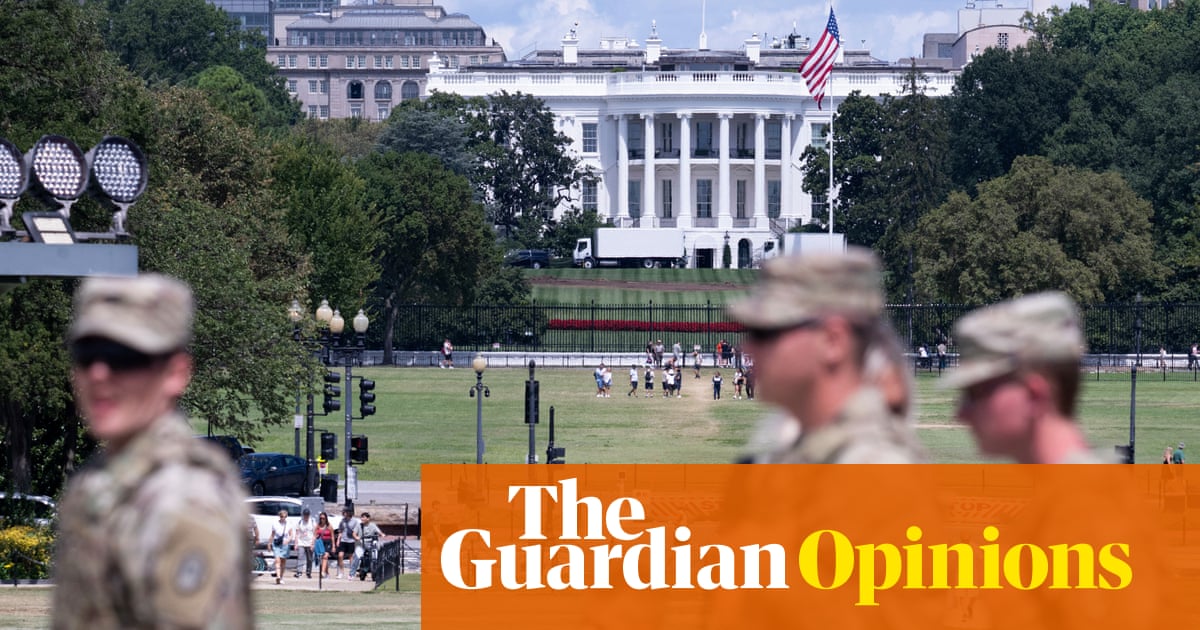
"They are less equipped to withstand the normalization of exceptional measures: the use of federal agents to quell domestic protest, the staging of police raids on the homes of leaders' political opponents, the pretextual invocations of emergency powers. Each of these steps may seem temporary and targeted; they may even enjoy a thin patina of legality."
"So let us be clear: Trump's commandeering of control of the Washington DC police department was simply an opening salvo. While Americans were greeted with images of soldiers in combat gear, toting rifles and establishing roadblocks and checkpoints near the National Mall, Trump was already tasking defense secretary, Pete Hegseth, with creating specialized units of the national guard to be specifically trained and equipped to deal with public order issues."
"Trump says he alone has the will and resources to pacify the killing field of Chicago, but clearly his crime fighting justification is no more than a ruse. Statistics that is, reality tell us that the crime rate in Washington DC was at a 30-year low when Trump sent in the troops. Which is not to deny the rhetorical power of ruses."
January 6 showed that longstanding democracies can repel disorganized coup attempts, but greater danger lies in normalizing exceptional measures. The use of federal agents to suppress domestic protest, police raids on political opponents' homes, and pretextual emergency powers can gradually dismantle legal constraints. Over time those moves create a prerogative state in which the executive depends on discretionary power rather than law. Examples include commandeering local police, deploying soldiers in urban areas, and establishing specialized national guard public-order units. Militarized policing serves political ends by portraying leaders as law-and-order protectors despite low local crime rates and targeted partisan messaging.
Read at www.theguardian.com
Unable to calculate read time
Collection
[
|
...
]